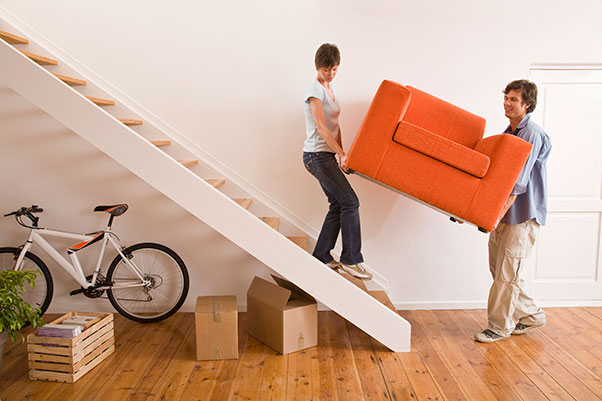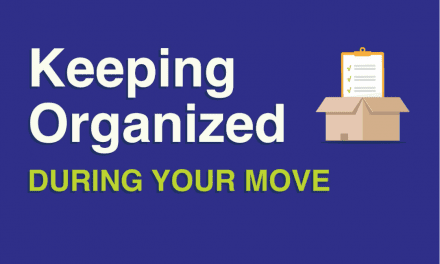New horizons, exciting places, and countless adventures untold! Relocating for a job or personal or family reasons can be one of the most exciting—and sometimes stressful—chapters of your life. With a little planning, though, you can organize each phase of your home relocation, easing the pressure and setting your move up for success.
Relocation typically involves packing up most of your life, discarding what you don’t need, and setting sail for a new life in a different corner of the country or the world. Many times the move takes you from one coast and sends you to the other, offering a change of climate as well as new scenery. Whether you’re leaving town for job relocation or just looking for a fresh start in life, a relocation guide can help you stay organized during your move. Consider these tips for moving and relocation to help you make the transition as seamlessly as possible.

Find out if You’ll Receive a Relocation Package
Many times an employer will grant funding in the form of a relocation package, to be used for moving expenses when a job relocation requires a major move. You can use this money to offset the cost of the move, particularly in shipping your things and storing them until you can move into your new home.
Begin Collecting Moving Supplies
If a move is imminent, you should begin saving shipping boxes, bubble wrap, newspapers, and other supplies that can help pack up and protect your things when the time comes to change zip codes. If you find that you haven’t saved enough packing materials when the time comes to move, remember that you can get storage boxes and supplies from Price Self Storage.
Get Packing
Once you confirm your personal or professional relocation is happening, you should begin the packing process sooner rather than later. Packing up a life’s worth of stuff is never easy, so see if you can request a little help from family and friends or call to get price quotes on packing and moving services if they are of interest to you. A packing service can certainly help you get the job done if your friends and family are unavailable to help.
Pack ‘Priority Boxes’
Keep one box or bin aside that will hold all of your last-minute items that you’ll be using pretty much until the moments before you move. Organize another box to contain some of your most in-demand items that you will want to find easily rather than digging through countless boxes looking for the toaster oven or the coffee pot.
Label Everything
Err on the side of marking the boxes too much, labeling everything on top and sides as you see fit. Make sure boxes are upright when labeling to prevent accidental spills after the move.

Secure the Boxes
Use packing tape to ensure your items are safely packed with little chance of coming loose during the move.
Purge What You Don’t Need
If you are moving from the East Coast to the West Coast or making a long-distance relocation move, it makes sense to unload anything you don’t want or need to take with you. Assess your belongings for items you can donate, sell, or pitch in the trash. This will lighten your load, ensuring you don’t lug a lot of unnecessary stuff to your new location. (Besides, less stuff means less cost to get everything shipped or transported to your new home.)
Use up Your Food
You’ll want to pack a few snacks for the trip, much like you would when you board a plane for vacation. However, it also helps your wallet by limiting new food purchases to essentials in the days and weeks before you leave for relocation.
Consider Storage Solutions
Your permanent home may not be ready when you first move, or you may be in between residences as you rent until you have a chance to buy something for the long term. Whatever the case may be, consider a self storage unit that can safely and securely stow your possessions until you are ready to move in for good. (Or until your next relocation!) Long-distance moving and storage is a snap when you plan ahead.
Reach out to Friends and Contacts
If you know anyone in the vicinity of where you’ll be moving, take the time to connect. You might be surprised at the comfort of knowing someone in the area. Reaching out ahead of time can open the door to a stronger friendship or even plans to get together once you arrive in your new location. You can also ask questions about the area, helping you to prepare for any unexpected purchases you may need to make.
We hope these relocation tips prove helpful in your move! Be sure to share any other tips you may have on surviving relocation in our comments below.










